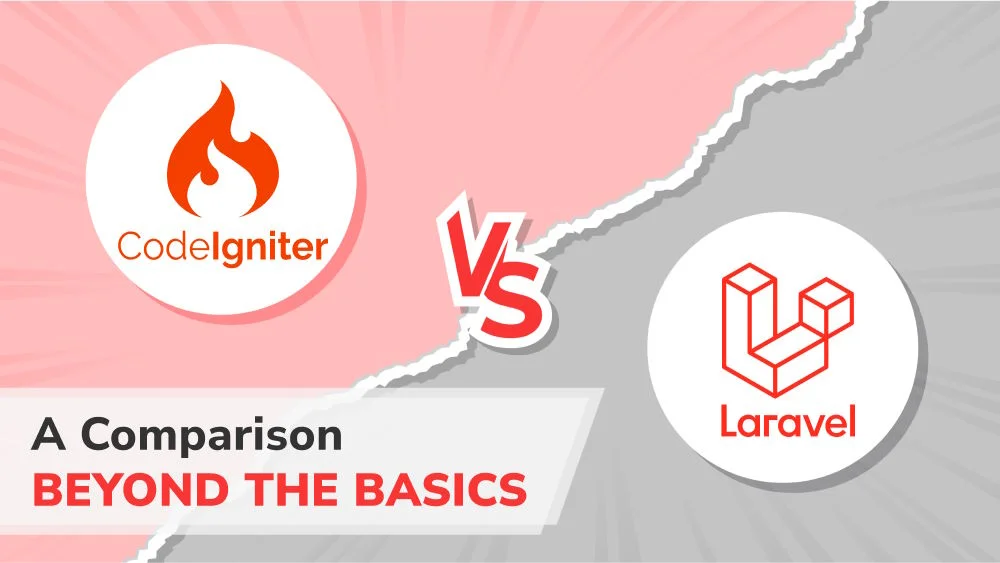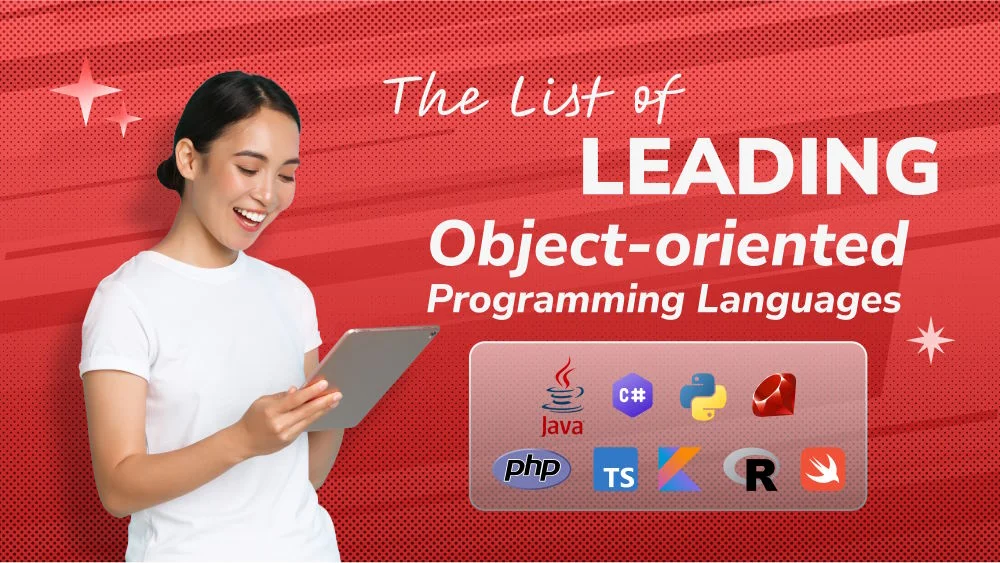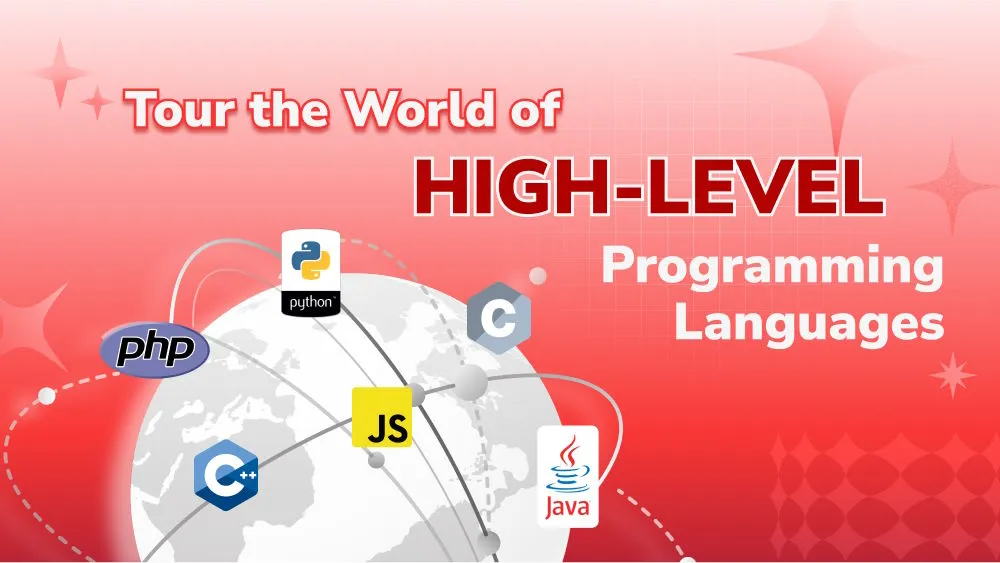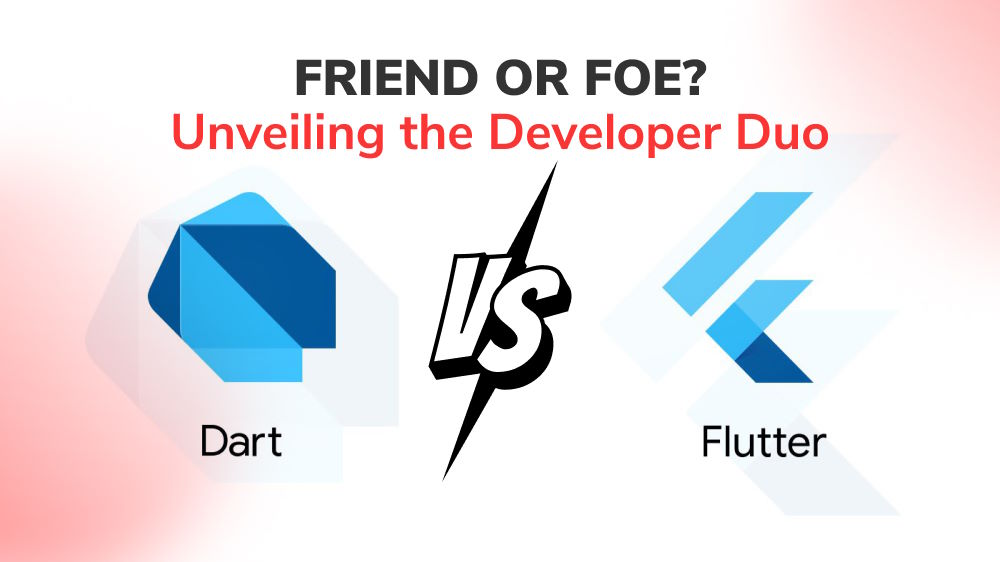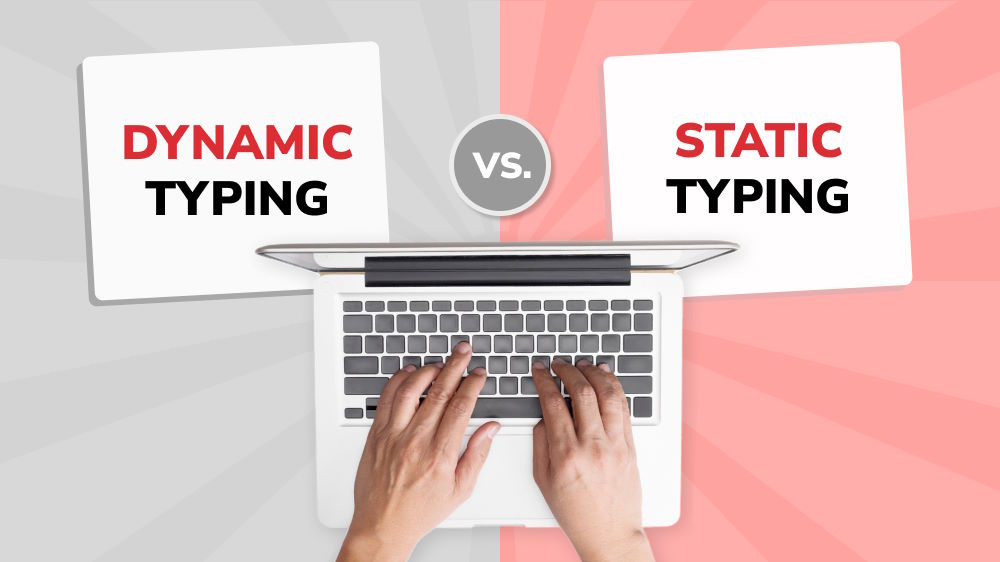Java Vs. Kotlin: Choosing the Right Language for Web and Mobile App Development
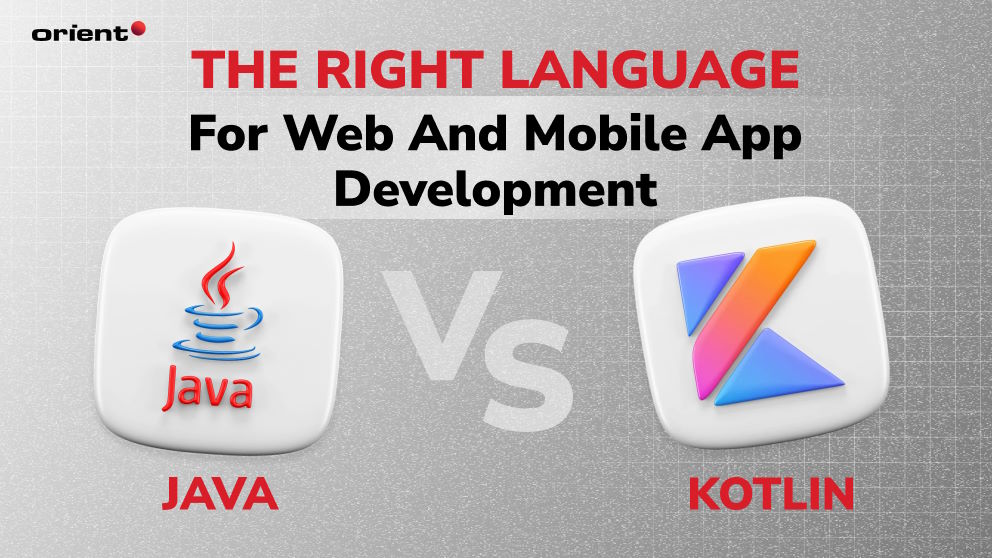
Content Map
More chaptersJava and Kotlin are two programming languages that, on the surface, appear to be very similar, at least in terms of what they can do and how they do it.
Both Java and Kotlin are open-source, object-oriented, and cross-platform. They are both free to use, similar in syntax, and able to run on any platform with a Java Virtual Machine (JVM). More importantly, they are interoperable with each other, meaning one can import Java code into Kotlin and vice versa. However, this is where the similarities start to end and where the differences come in.
In this article, you will find out what Java and Kotlin are, how they work, and the differences that set the two apart. You will also learn how Orient Software can help you choose the right programming language for your next web or mobile development project.
What Is Java?

Java is a programming language developed by James Gosling, Mike Sheridan, and Patrick Naughton at Sun Microsystems. It was released in May 1995. For over 28 years, Java has been used to power applications for websites, desktop computers, laptops, notebooks, smartphones, Internet of Things (IoT) devices, and much more. The Java programming language is a key component of Android, serving as the basis for the Android Software Development Kit (SDK).
Java is an open-source, multi-platform, and object-oriented programming language. It was revolutionary for being one of the first programming languages to let Java developers write code once and run it anywhere, a feature made possible by the Java compiler. The compiler converts code into Bytecode, which is then interpreted by a Java Runtime Environment (JRE) and converted into binary machine code that can be read by a computer’s hardware processor. This is why you can do so many things with Java.
What Are the Pros and Cons of Java?
Java is one of the most popular programming languages in the world — and for good reason. It is easy to learn and use. There are decades of official and community-supported documentation to read. And it is very stable and reliable. That said, there are drawbacks to Java, and it is for this reason that Java alternatives like Kotlin exist now.
Pros
Supports Multithreading
Multithreading in Java allows applications to execute multiple tasks at once, increasing performance and user-interface response times. It also results in better resource utilization, potentially increasing device compatibility — especially for older, slower devices with limited computing power.
Strong Documentation
With a 28-year lifespan, there are decades of official and community-supported Java documentation for programmers to read. This makes it easy for them to troubleshoot issues quickly, speeding up the software development life cycle (SDLC). Also, Java is still supported by Oracle, and the latest release (Java 21) was released in September 2023.
Object-Oriented Programming
Java is an object-oriented programming language where programmers create objects that contain data and methods. This approach is considered faster and easier to work with than procedural languages, as programmers can create modular programs (applications with functionalities broken down into separate, independent pieces) and reuse code.
Cons
Poor User Interface Creation
Java has limited Graphical User Interface (GUI) creation tools. These tools lack the necessary features to create advanced GUIs — the kind of interfaces that modern users expect. Other languages like Python and C# have more advanced GUI creation tools.
Decline in Popularity
Over the years, Java use has begun to decline. It is currently the 7th most used programming language worldwide, behind TypeScript, SQL, Python, HTML/CSS, and JavaScript. This could mean fewer programmers are using Java in favor of newer programming languages such as Kotlin.
Can Be Difficult to Read and Understand
Java is a more verbose programming language than Kotlin, which means that programmers need to write more code to execute the same functions. This requirement can increase the software development life cycle, costing clients more time and money.
What Is Kotlin?
Kotlin is a programming language developed by JetBrains and released in July 2011. It is an open-source, statically typed, and general-purpose language. It can run on Android and JVMs, and it uses both object-oriented and functional programming features. In 2019, Google announced that Kotlin was its preferred programming language for Android app development.
The main inspiration behind Kotlin was to create a Java alternative that was safer, cleaner, and concise. To achieve this, JetBrains incorporated features such as null safety, coroutines, string concatenation, and more. Kotlin is the most popular programming language for Android application development.
What Are the Pros and Cons of Kotlin?
Despite being more concise and faster than Java, Kotlin does suffer from being a less mature programming language. Here is a detailed breakdown of the advantages and disadvantages of using Kotlin.
Pros
More Concise Than Java
Kotlin is easier to read than Java, as programmers don’t have to write as much code to perform the same functions. By reducing unnecessary code, programmers can get more work done in less time, resulting in a faster SDLC while saving the client money.
Null Safety
Null point errors are one of the most common causes of application crashes. They occur when an application tries to access data stored within an invalid memory location. To remedy this, Kotlin uses a feature called null safety, which prevents programmers from being able to give a null value to a variable. As a result, this makes it easier for them to repair and maintain their code.
Object-Oriented and Functional Programming
Kotlin allows programmers to incorporate object-oriented and functional programming features into their applications. This allows programmers to switch from one programming style to another, and it gives them more ways to overcome more complex problems.
Cons
Less Mature Than Java
Kotlin has only been around for 12 years, so it has less documentation and a smaller community than Java. This can make it harder for new programmers to learn Kotlin and take longer for programmers to troubleshoot issues. Also, there are many Java testing frameworks that help programmers produce error- and bug-free applications.
Still Requires Knowledge of Java
Despite Kotlin being a separate programming language, it still has a similar syntax to Java. This means that programmers should, ideally, have some knowledge of Java so that they can harness the full potential of Kotlin.
Slow Compilation Speed
While Kotlin is fast at creating incremental builds, it is slower than Java at compiling. Why? Because Kotlin still uses Java as the underlying code base. This means that, regardless of the project type or size, Kotlin will always have to compile more data than standalone Java.
What Are the Differences Between Java and Kotlin?
As you can start to see, there are many differences between Java and Kotlin. Sure, they share a similar language and features, and they are both used for web and mobile application development, but that is where the similarities start to end. Here is a detailed breakdown of what sets Java and Kotlin apart.
Programming Styles
Java is an object-oriented programming language, and it does not support more than one programming style. Kotlin, on the other hand, supports both object-oriented and functional programming, which makes it more versatile than the Java language.
Performance
Both Java and Kotlin support multithreading, which helps increase application performance and user-interface response times. However, Kotlin has coroutine support, which makes it easier for programmers to write code that can execute asynchronous tasks. Coroutines also help stop long-running tasks (e.g., background tasks on Android apps) from blocking the main thread and causing the app to crash.
Android Development
As it stands, Kotlin is the programming language of choice for Android app development. One of the main reasons for this is that it supports Android Studio integrations. This means that programmers can incorporate a wide range of plugins into their Android applications, and they will all work perfectly with Kotlin.
Web Development
Java supports a wide range of frameworks that make it suitable for web application development, such as Spring, JSP, and JSF. This is one of the reasons why programmers still use Java for web app development projects. Java is also best suited for legacy projects, which is applicable to websites that have been around for a long time.
Kotlin Vs. Java: Choosing Between Them
If you are building a new Android application from scratch, then consider using Kotlin for your project. It is clean, safe, and easy to use. With features such as coroutine support, it is ideal for creating Android apps that handle multiple, complex background tasks. In addition, Android Studio has built-in support for Kotlin code, which makes it easy to integrate different features and plugins into your Android app.
On the other hand, if your project involves maintaining or updating a legacy web or mobile application, then you may want to consider Java. Java is an established programming language with strong documentation and community support. You can gradually incorporate Kotlin features into legacy applications — when it is safe and reasonable to do so.
To learn more about Java vs Kotlin for web and mobile app development, contact Orient Software today. Our highly skilled app developers will build for you a web or mobile app that is fast, easy to use, visually stunning, and scalable to suit your changing requirements. Request a free price estimate for your next project.

